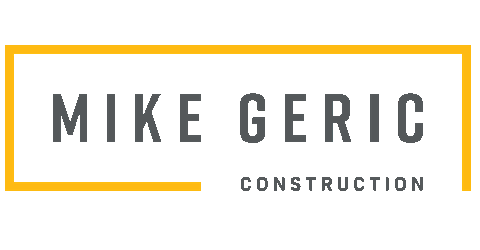Making sure government works for business

We know what federal parties want from us — our votes — but what do people in Greater Victoria need from our elected representatives? To make sure our regional candidates know how they can best help our region, the Greater Victoria Chamber of Commerce teamed up with the City of Victoria, Destination Greater Victoria and the Downtown Victoria Business Association to host a Listening Session on Sept. 11.
The event was well attended by the public as well as candidates from every riding. Unlike typical all-candidates meetings, a listening session flips the script. Rather than an opportunity for candidates to repeat partisan promises, we told them, in very practical terms, what we want them to do if elected.
The idea is to cut through the rhetoric and get to real solutions that will help Greater Victoria overcome the hurdles that prevent our economy from reaching its potential.
Climate Change Solutions
It’s clear that we need to move fast before climate chaos grabs the steering wheel of the global economy. We need human ingenuity to develop the innovations needed to literally save our planet. We are asking the federal government to provide predictable funding to ensure local governments have climate action plans. We also want the federal government to match provincial incentives to help people choose low-carbon options.
More Workers
We need many more workers, both foreign and domestic, in every sector. Having jobs go unfilled is the single largest factor constraining economic growth in our region. We are asking the federal government to increase the supply of available workers by setting relevant immigration targets and making the process more efficient. We also want the federal government to better connect the thousands of international students graduating in our region with local jobs.
Affordable Workforce Housing
The federal government can help make housing more affordable by expanding the National Housing Strategy to include more non-market housing through partnerships with local governments and non-profit housing providers.
Tax incentives encourage private investment in purpose-built rental housing. And the federal government can invest more in co-op housing, improving existing units and funding partnerships that create new housing opportunities for families.
Available, Affordable Child Care
Workers are reducing hours and modifying shifts to compensate for the lack of child care, adding to the shortage of labour at a time when we have the lowest unemployment rate in the country.
As well, a shortage of early childhood educators contributes to the lack of licensed spaces.
We want the federal government to match the provincial government’s investment in affordable, quality child care. Currently the federal government is last among OECD countries in its per capita spending on child care — spending only 10% as much as the provincial government in BC.
Improved Transportation
The federal government has committed to international emission reduction targets, and British Columbia has committed to transitioning to electric vehicles for private and commercial use.
We want the federal government to continue its cost-sharing programs to increase public transit in Greater Victoria, and provide incentives for the electrification of commercial fleets including ferries, buses, trucks and couriers.
The federal government can also promote a standard for electric charging technology, and expand the number of electric vehicle charging stations across our region.
Reconciliation with First Nations
The City of Victoria has embarked on a Witness Reconciliation Program with the Esquimalt and Songhees Nations, and all of our community partners are pursuing ways to include First Nations in all of our efforts. We want the federal government to remain committed to continue the healing process and forge a future of inclusiveness.
There will be an avalanche of issues discussed during the federal election. We want these local priorities to remain top of mind for local candidates. So, when a candidate knocks on your door, please ask for their position on these issues — and vote!
This column was originally published in the September 2019 edition of the Business Examiner
























